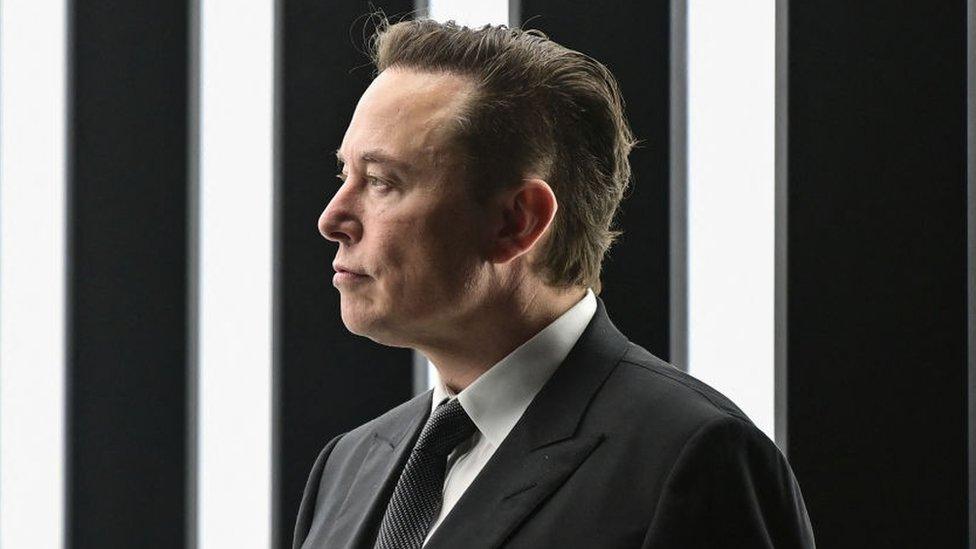Innovation vital to Welsh manufacturing, says Sony boss
- Published
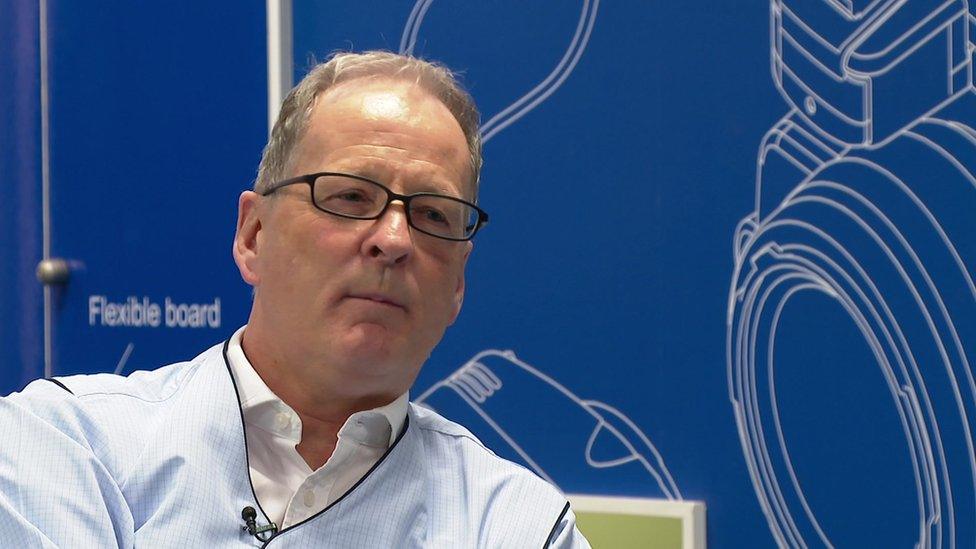
Steve Dalton is leaving Sony after 40 years but says there is still a future for technology manufacturing in Wales
Skilled workers will still be needed in Wales as factories move toward automated production lines, a former boss of one of Wales' biggest employers has said.
Steve Dalton, former managing director of Bridgend's Sony factory, will leave the firm in March after 40 years.
He has seen huge changes in production but believes there are still skilled jobs for people.
But he added that Wales needs to be innovative.
He said: "Manufacturing was a long line with lots of people working close together. Those days are gone.
"The more robotics and the more automation, the more need for skilled people to take care of them look after them and install them."
Is there a factory future in Wales?
The new year marks 50 years since investment by Japan's Sony began in Wales.
The first Sony plant opened in 1973 in Bridgend and was in operation until 2005, external. At one point it had more than 4,000 staff.
The second plant, in Pencoed in Bridgend county opened in 1992 and has a 600-strong workforce. It is the only remaining Sony manufacturing plant in Europe, whereas there were once six.
Mr Dalton said there was a future for Welsh manufacturing if there was innovation, development of green technologies and a focus on global markets.
"The African continent is untouched, there's still room in India, in Japan, there's still room in the USA, there are plenty of untouched markets," he said.
"There are lots of start-up companies in Wales and they're going to new markets.
"Environmental and green energy and green environmental energy conserving products - there's a big market coming in that way.
"There are a lot of really good companies and it is about helping them so I think there are tremendous opportunities out there."
Mr Dalton believes key to success is educating, nurturing and keeping talent in Wales.
"Some of the universities are creating good engineering people and good entrepreneurial people, and it's about how we get them to study in Wales and then stay in Wales," he said.
'I had to fire my friends'
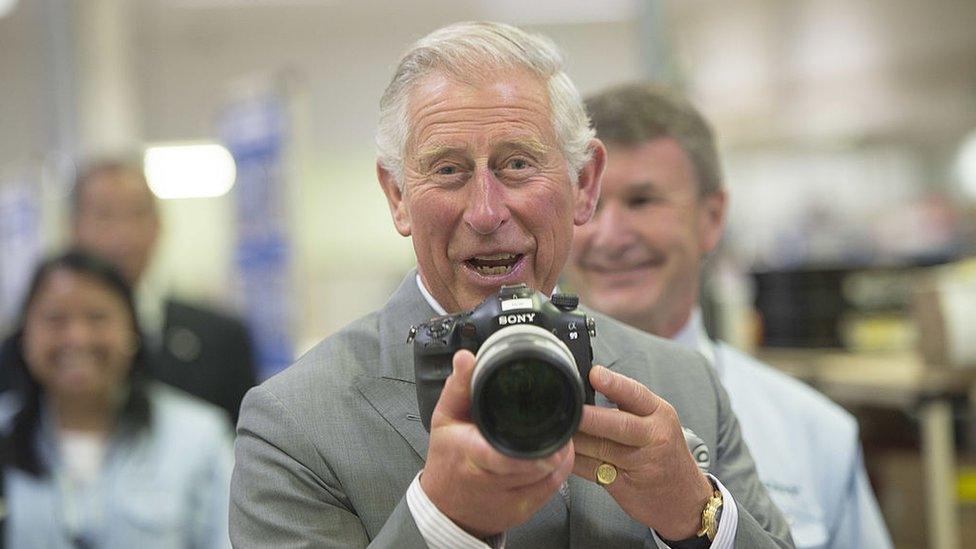
Steve says King Charles - when he was Prince of Wales - asked for Wales to be considered and has visited over the years, such as here in 2014
Mr Dalton began his career at Sony in Bridgend in 1983, straight from university.
He was an engineer on the factory floor, part of a workforce making computer monitors and televisions.
It's said King Charles, when he was Prince of Wales, persuaded Sony to open in Wales.
Mr Dalton said this happened in 1970: "Prince Charles met Akio Morita, one of the founders of Sony, at a reception in the British Embassy in Tokyo and he said, 'You know, if you're ever going to open a factory in Europe, please come and open it in my country in Wales'.
"And actually, that's what happened.
"He came over the bridge, and he decided to open a factory in Bridgend, and that's what happened. We built the factory."
Mr Dalton said Japanese confidence grew in the Welsh workforce.
He said: "There was good transportation, a good location, nice people, nice working culture, then others followed from that."
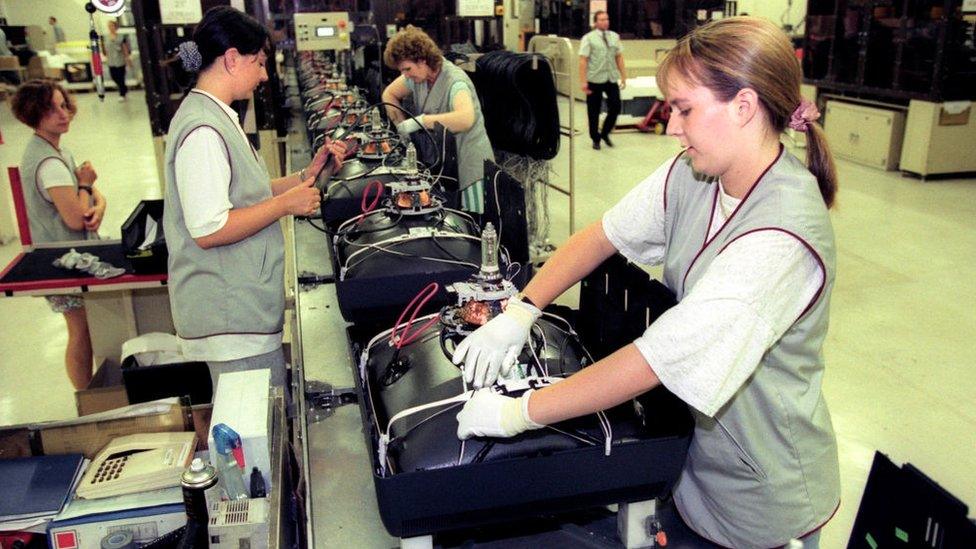
The assembly line at the Sony television plant in Pencoed in January 2005
In 2005, Sony announced the closure of the original Bridgend site, blaming falling sales of traditional-style TVs and a growth in demand for flat-screen televisions.
Managing the closure of the factory where he began his career was Mr Dalton's first job in charge. Friends and colleagues he had worked alongside for decades lost their jobs.
Sony's operation battled to adapt and survive as 400 posts were lost, and another 250 went at Pencoed.
The process was "very painful".
"My first job as the managing director taking that over, was to kind of make the transition of exiting that business and moving to some other things to sustain our business," Mr Dalton said.
He said of the six sites once in Europe, the Bridgend base was "first to have some shift in technology change".
"Some of the other factories in Europe, assembling other electronics products, maybe they didn't get the chance to change and then they shut and we ended up the only one," Mr Dalton said.
"So in some sense, we always think there's an opportunity from something that seems quite bad.
"And I think that was the opportunity for us to regroup, regrow and restart a different business and learn."
The Sony factory in Pencoed now makes 30 different types of camera and 35 models of broadcast equipment.
About 13,000 units are shipped to across the world every year.

ARROWS OF DESIRE: How did Gary Slaymaker's love of darts begin?
LOOKING FOR A NEW PODCAST?: The Emiliano Sala Story

- Published3 January 2023
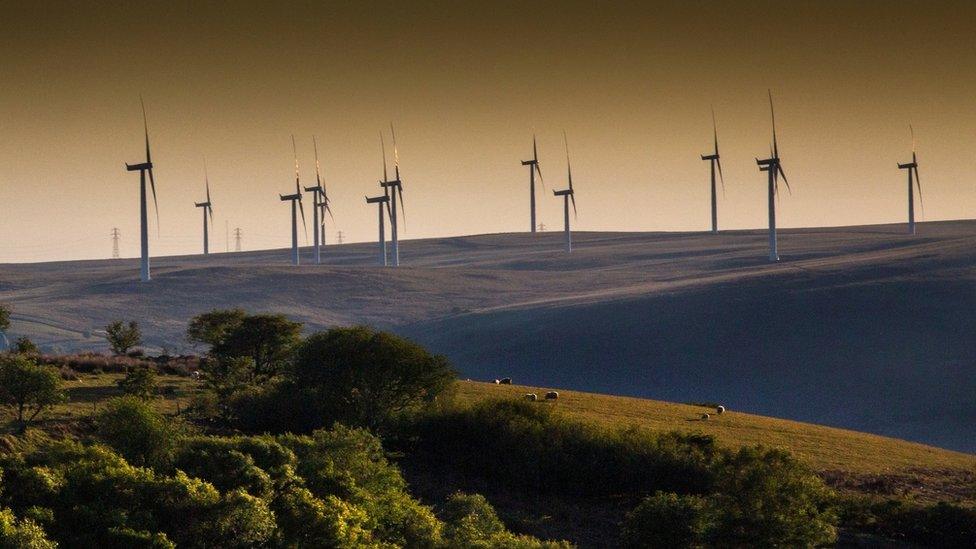
- Published2 January 2023
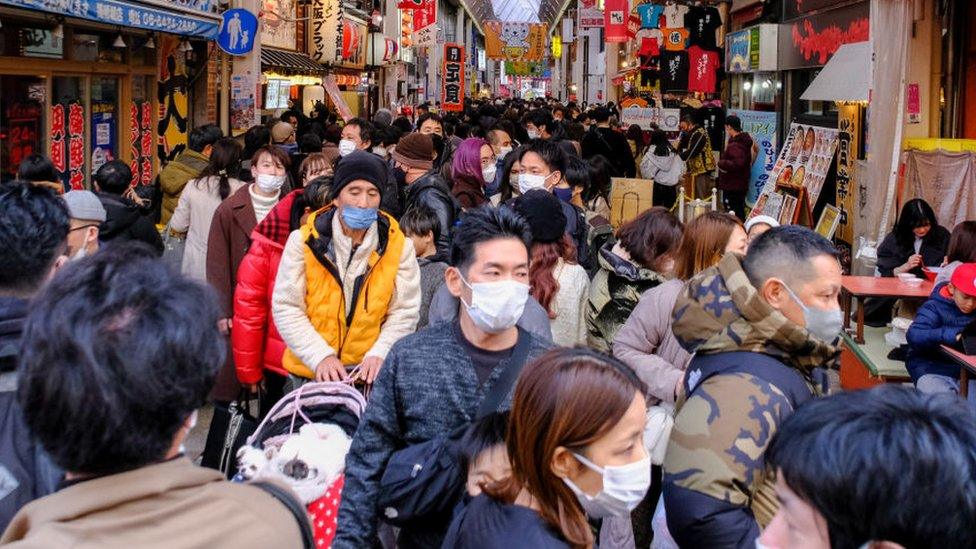
- Published10 September 2015
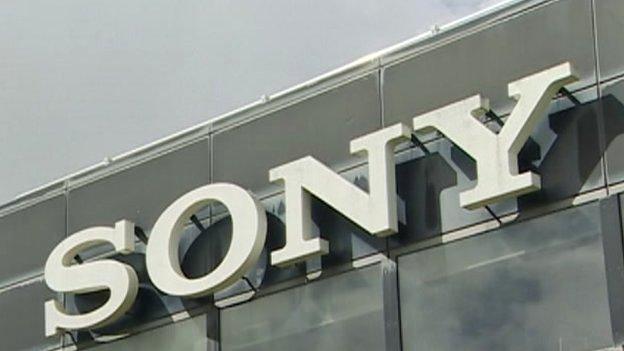
- Published3 January 2023
